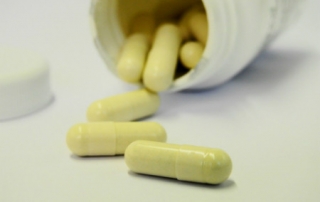Breastfeeding and Anti-Epileptic Medications
Because breastfeeding has many psychological and medical benefits for both the mother and her child, many women would like to breastfeed. However, all medications taken by the mother are secreted into the breast milk. While various studies have addressed the short-term safety of antiepileptic drugs (AEDs) in nursing infants, none have systematically assessed the long-term effects of exposure to these drugs on cognitive development.






